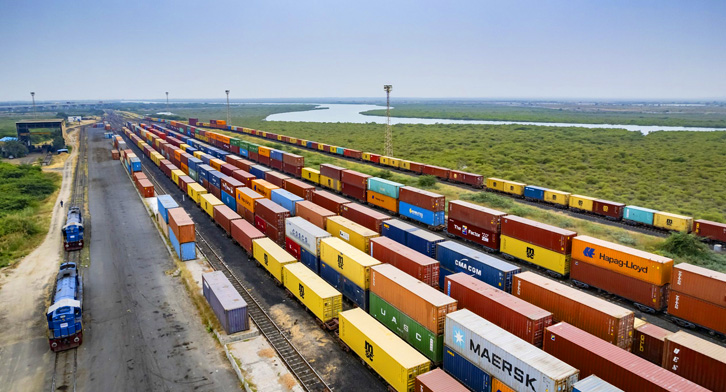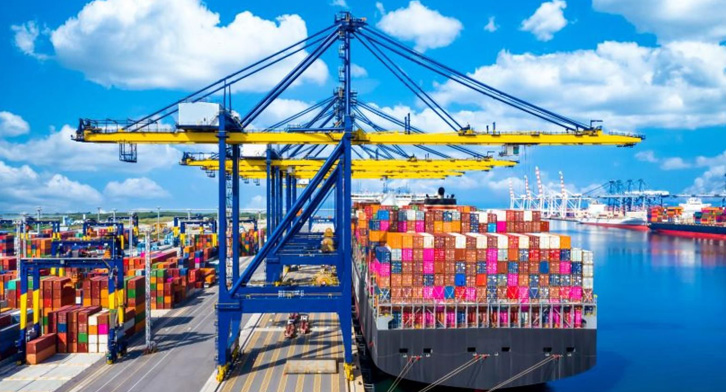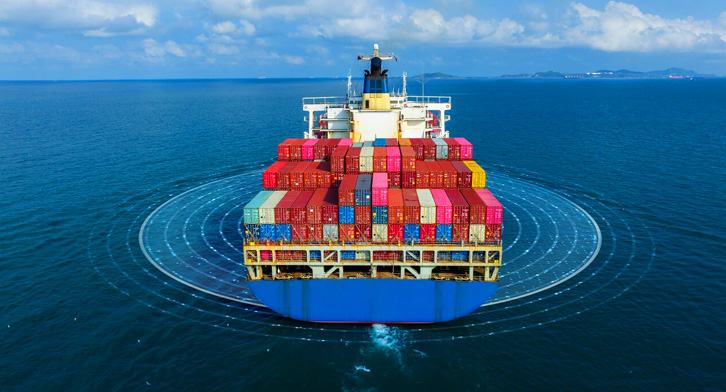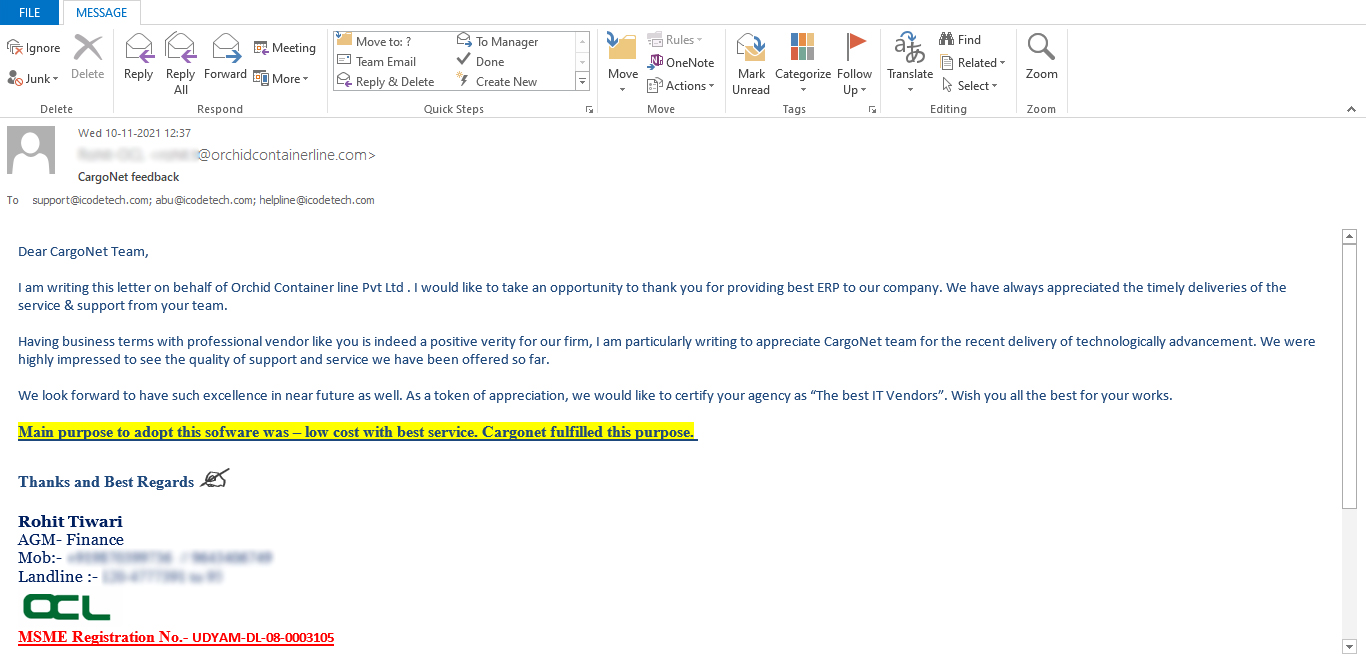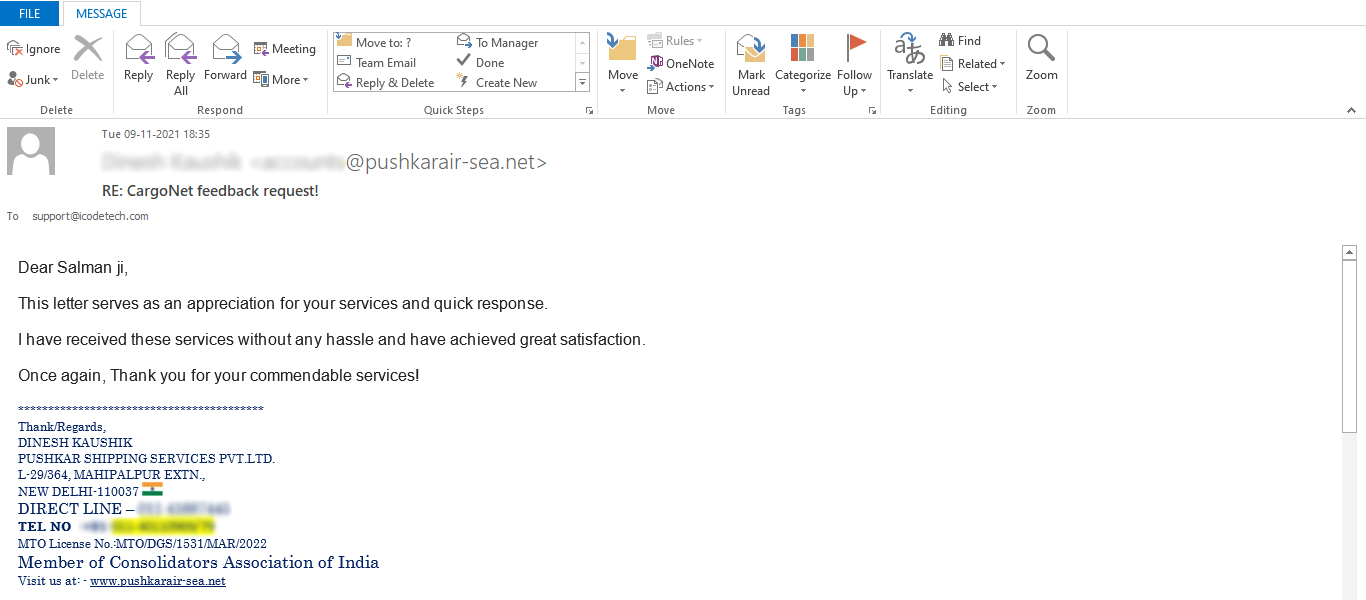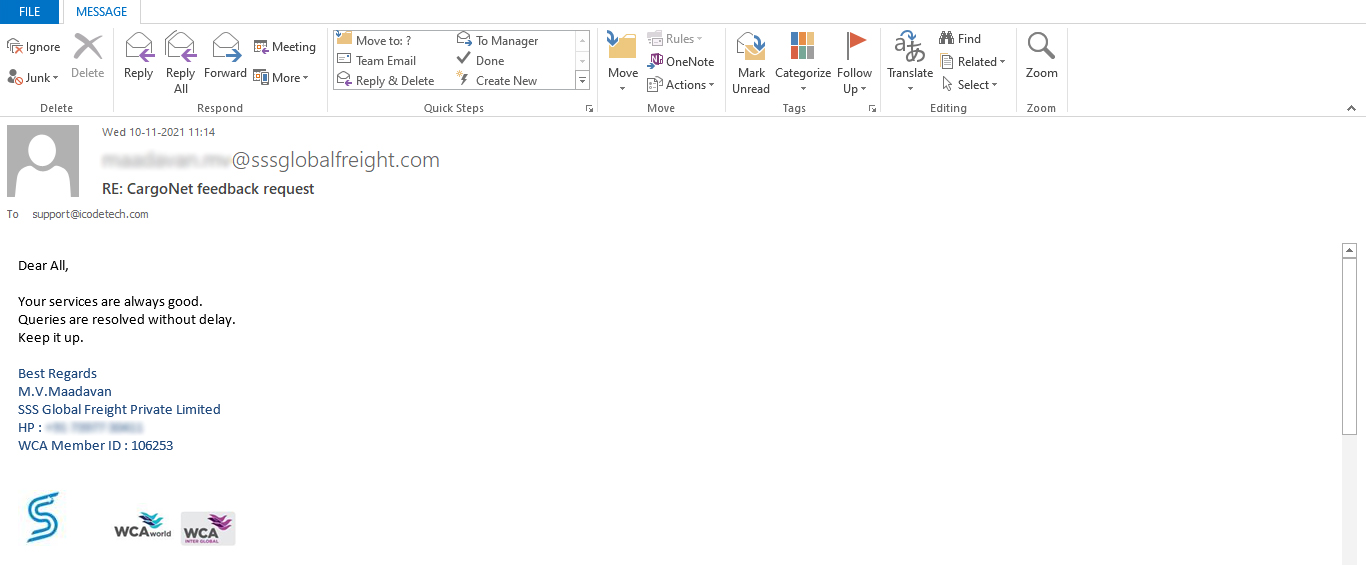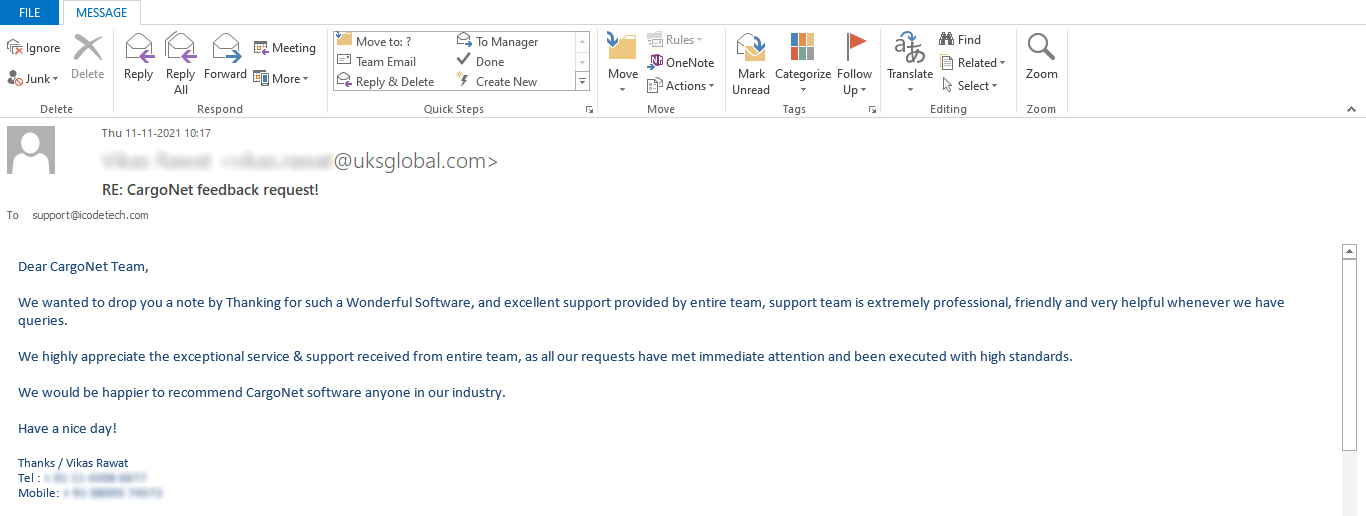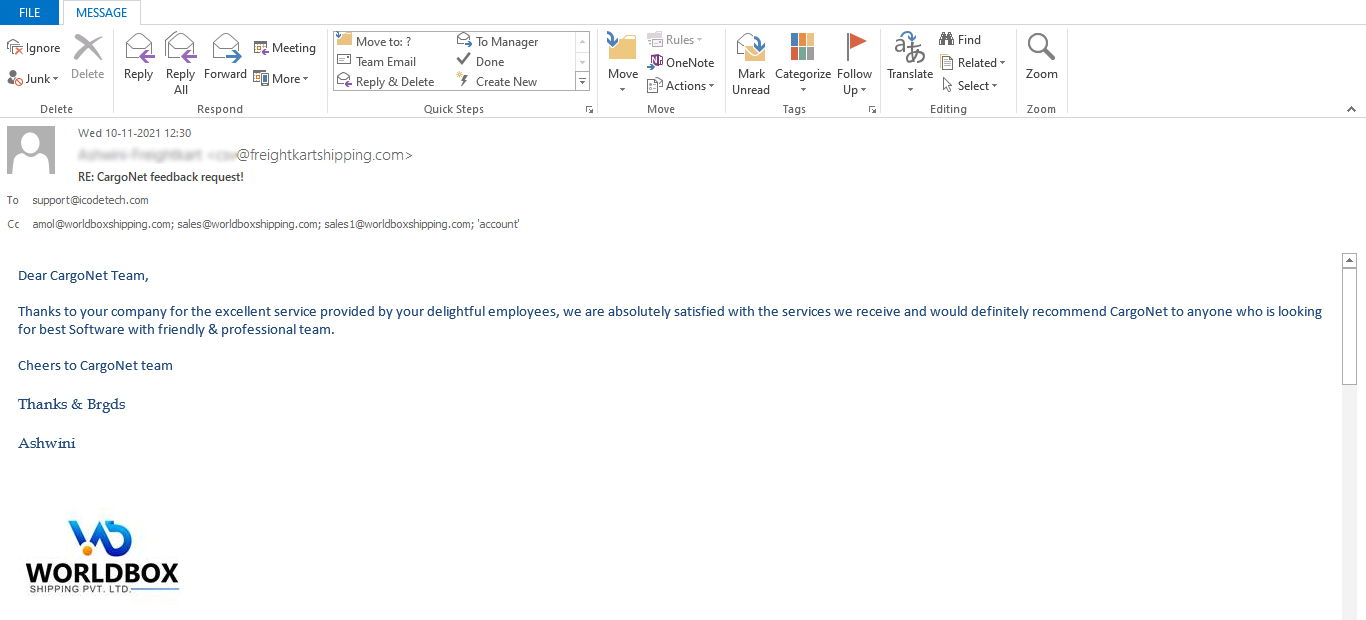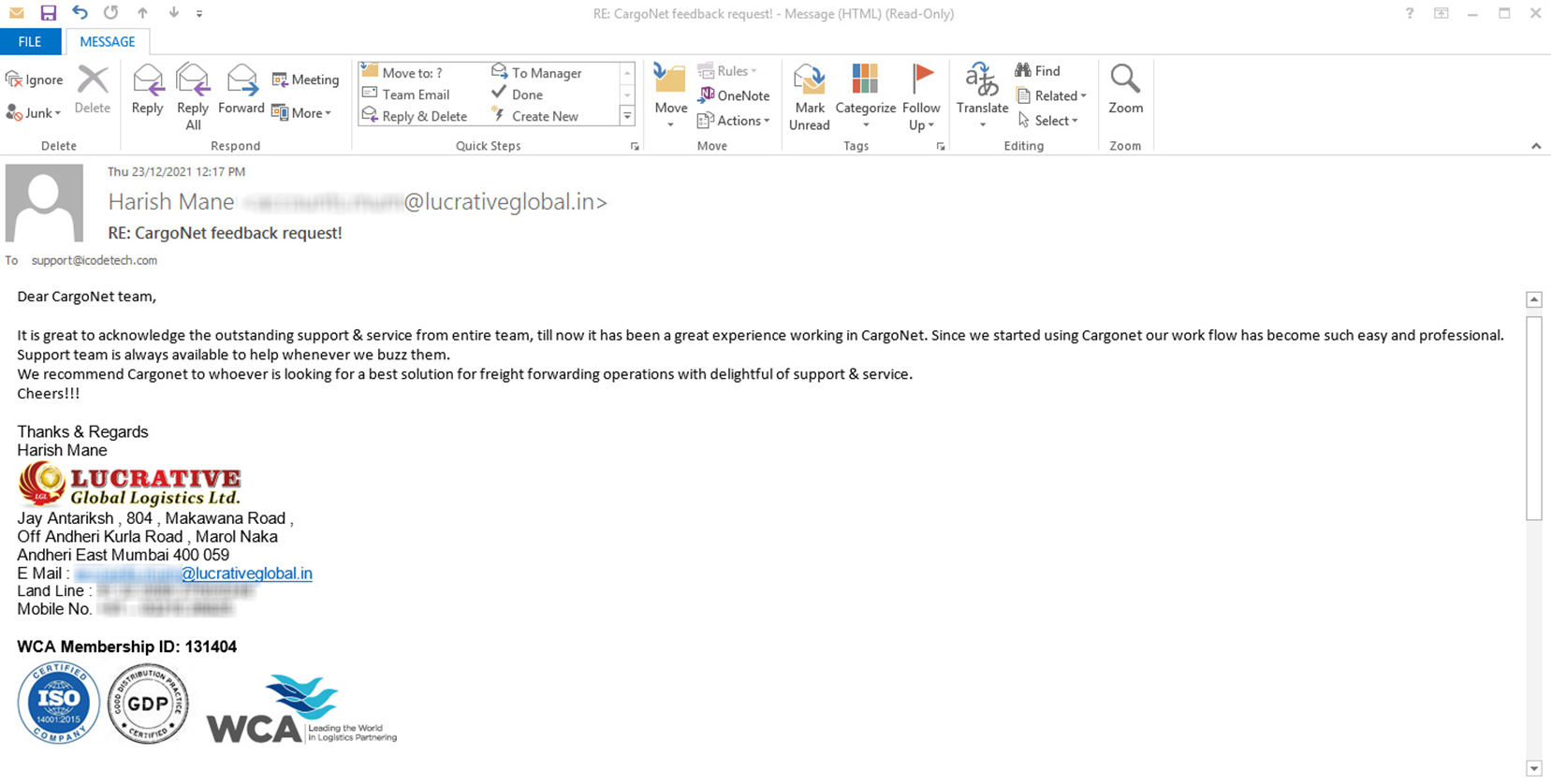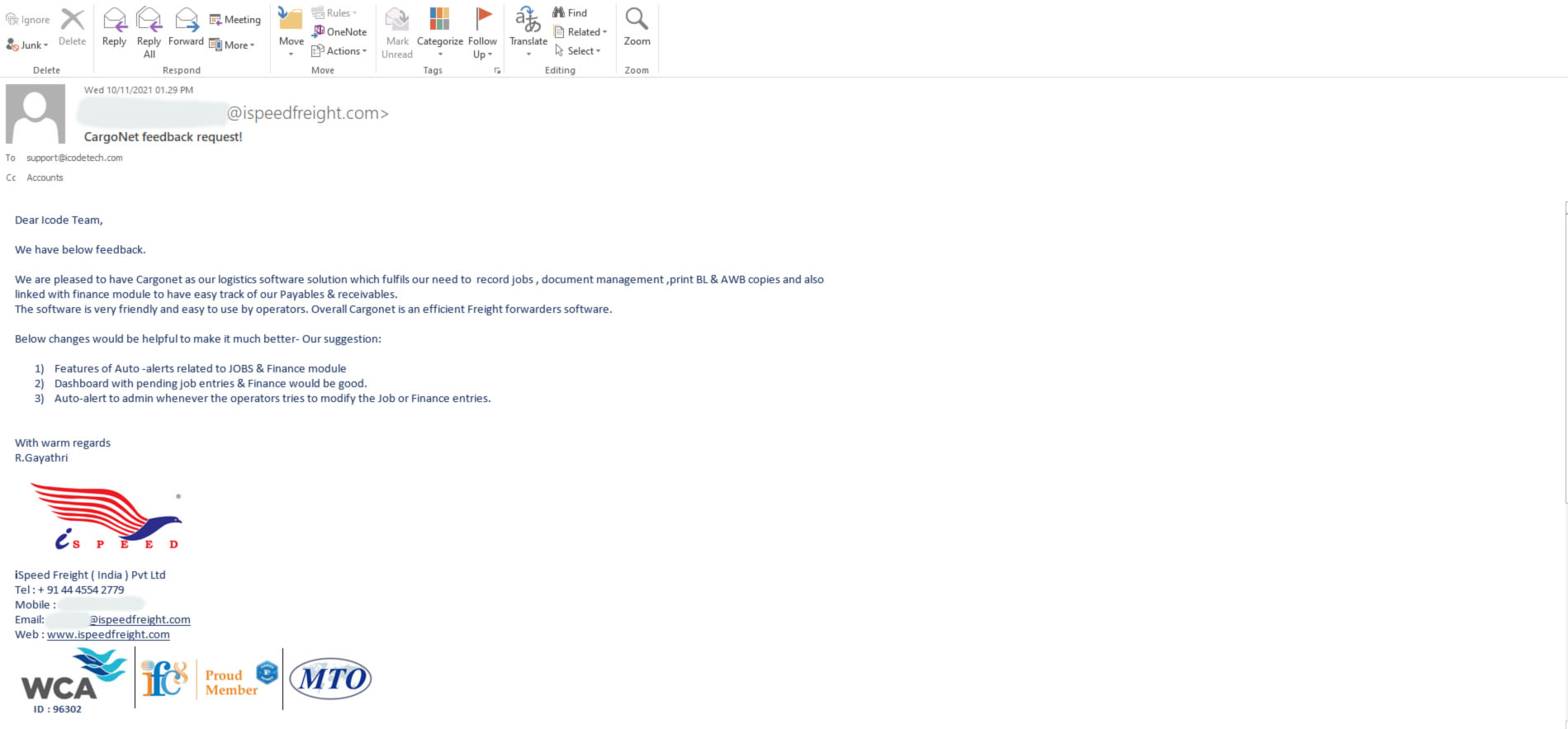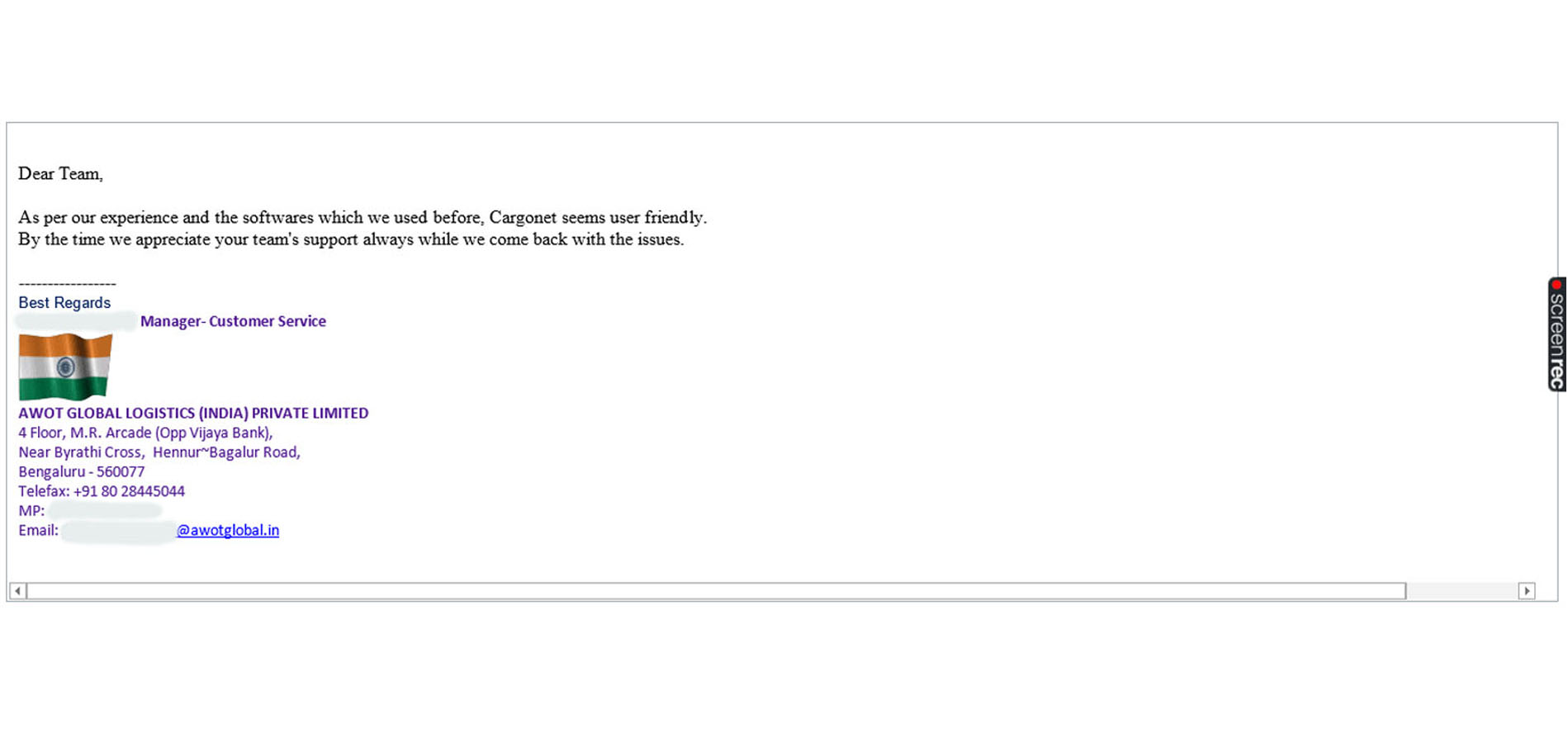In a landmark move to bolster logistics and maritime infrastructure, the Indian government is planning 200 Gati Shakti Cargo Terminals to be developed along the country’s expanding Dedicated Freight Corridors (DFCs). This initiative is part of a broader multi-modal push under the PM Gati Shakti National Master Plan aimed at integrating transport networks, streamlining freight movement, and reducing logistics costs.
In parallel, India is strengthening its maritime ambitions through a strategic partnership with South Korea’s HD Hyundai. Earlier this month, HD Korea Shipbuilding & Offshore Engineering (HD KSOE) — the intermediate shipbuilding arm of HD Hyundai — signed a comprehensive Memorandum of Understanding (MoU) with Cochin Shipyard Limited (CSL), India’s largest state-owned shipbuilder.
Key Highlights from the MoU:
- Joint Shipbuilding Efforts: CSL and HD Hyundai will collaborate on ship design, procurement, and production technologies.
- Skill Development & Quality: Focus on improving productivity, quality assurance, and workforce training in shipyards.
- Global Bids: The long-term objective is to jointly bid for international shipbuilding orders by leveraging Korea’s advanced technology and India’s cost-competitive manufacturing ecosystem.
- Boost to ‘Make in India’ & Blue Economy: This alliance is aligned with India's plan to own 1,000 commercial vessels over the next decade.
Why This Matters for the Logistics Sector:
- 200 Cargo Terminals will significantly decongest highways, improve first-mile and last-mile connectivity, and enable faster multimodal freight movement.
- The India-Korea shipbuilding partnership positions India to become a global shipbuilding hub, enhancing the country’s ability to service and build vessels critical to trade.
- Both developments support India’s larger vision of becoming a $5 trillion economy with world-class infrastructure and a robust blue economy.


